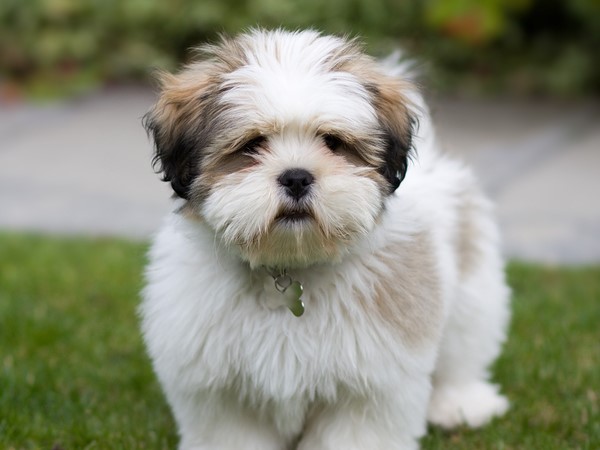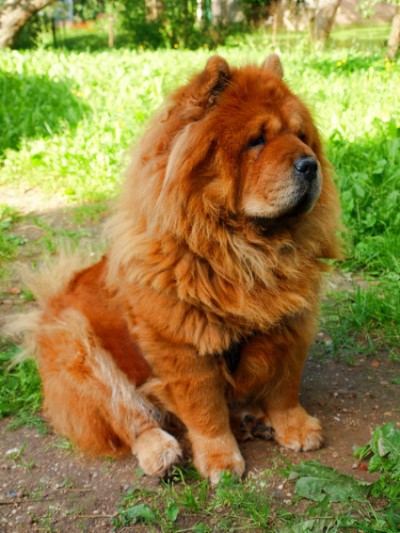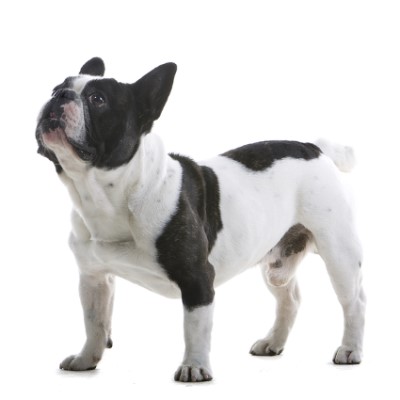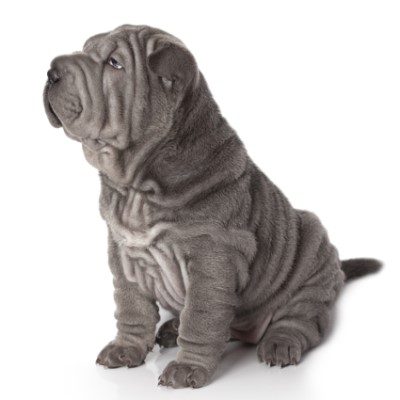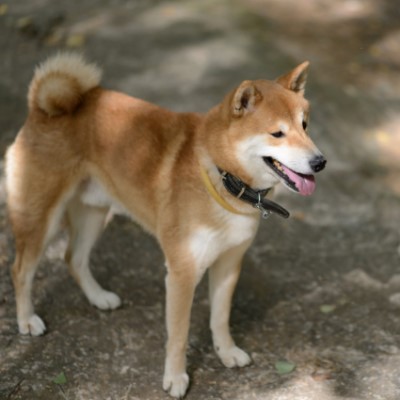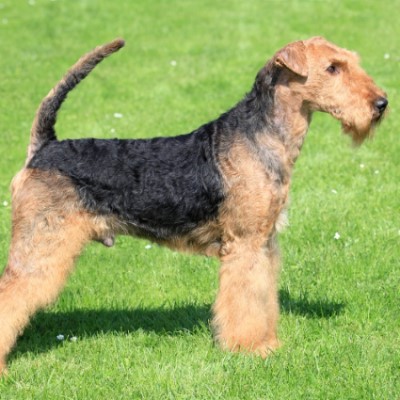Common Reasons for Surrender
As with many breeds, Lhasa Apsos lose their homes through no fault of their own. A couple divorces, a family simply cannot afford to care for their dog anymore, or they move to a home that does not allow pets. In some instances, the Lhasa Apso isn’t doing well in the family because of small children. The parents become concerned the dog will bite, and the Lhasa Apso finds himself surrendered.
Pros
Small dogs with a long lifespan, Lhasa Apsos often bond with the adult human in their homes, making them an ideal companion dog. Some people have found, because of the minimal shedding, a Lhasa Apso doesn’t bother their allergies. Because of the minimal shedding, you don’t have to worry about vacuuming a lot of hair or picking it off the furniture. While some small dogs have the reputation of being yappy, Lhasa Apsos have a keen sense of hearing and only bark to warn their humans of a problem.
Cons
You must be the “alpha” or the dominant member in the family if you adopt a Lhasa Apso. Your dog must have consistent training throughout his life if you want him to co-exist happily with your family. From the time your Lhasa Apso is a puppy, he will need socialization with other dogs and people that should continue throughout his life. Even with socialization, Lhasa Apsos may be wary of strangers and are not prone to enthusiastically greet everyone they meet.
Lhasa Apsos also require regular grooming, which can become costly if you opt to take your dog to the groomer. Puppies around the age of six to nine months go through what is referred to as a “puppy coat blow,” which means they lose their puppy fur and need to be shaved. As the puppy fur is lost, mats become a problem if your dog isn’t regularly groomed.
Diet
Feed your Lhasa Apso a dog food that contains human grade ingredients and avoid foods with grains. Never feed foods that include soy, corn, and wheat, all of which could cause allergic reactions.
Follow the same principle when feeding your dog treats—no grains, wheat, corn, or soy in the ingredients. You may want to purchase your Lhasa Apso treats like Wellness Wellbars or PetBotanics’ treats. Or, if you prefer, most dogs love fruits and vegetables, such as melon, apples, berries, corns, and green beans, the latter of which is ideal if your Lhasa Apso needs to lose weight.
Exercise
Lhasa Apsos need moderate exercise and can easily adapt well to apartment life, provided they have at least three or four walks a day. If you have a house with a fenced-in yard, be sure to allow your dog plenty of time out to run around and take him for a walk to allow him to expend energy. Combine walks and running around the yard with playing with toys, and your Lhasa Apso will get the exercise he needs.
Possible Health Issues
Allergies, dry eye, and luxating patellas are all common with Lhasa Apsos while some may be susceptible to Progressive Retinal Atrophy (PRA) and renal dysplasia.
Housing
Lhasa Apsos do just as well living in an apartment, provided they get three to four daily walks, as they do living in a home with a fenced-in yard.
Grooming
Your Lhasa Apso will need to be groomed at least every four to six weeks. Grooming includes getting brushed and bathed, having his anal glands expressed, and getting his nails clipped. Expect to pay anywhere from $30 to $60 every six weeks for grooming expenses.
You will also need to brush your Lhasa Apso daily if she has a soft coat and every week if she has her proper full coat. If you find your dog’s hair mats easily, you may want to keep her in the puppy cut, which helps avoid mats.
Training
If you get upset with your Lhasa Apso when training, he may shut down or become defensive or angry. Always remain positive with your Lhasa Apso for the best results. You must take control of training sessions, asserting yourself as the leader. Set boundaries and always stick with them.
Because Lhasa Apsos are intelligent, they can pick up concepts quickly, which means they can also easily become bored if your training sessions become too repetitive. Keep training fun and mix it up for the best results.
Entertainment
As with humans, Lhasa Apsos have their own preferences for entertainment. Some love agility training while others just want to play with their humans. Your dog may prefer walks, playing with his toys, or hanging out with other dogs at the dog park.
We want to thank The American Lhasa Apso Club (ALAC) Rescue for help with this profile.
